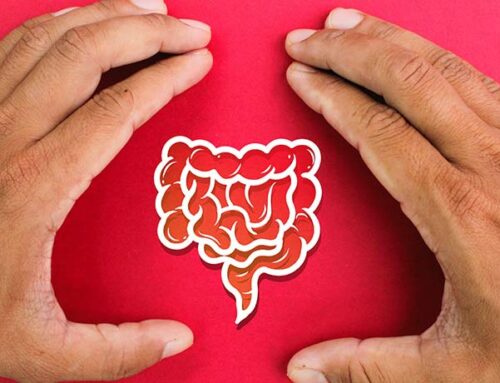A healthy gut microbiome is essential for overall well-being, influencing everything from digestion and nutrient absorption to immune function and mental health. An imbalance in this community of trillions of microorganisms can lead to various health issues, including digestive disorders, obesity, and even mood disorders. Fortunately, there are several ways to improve and maintain a healthy gut microbiome. Here’s how you can do it:
1. Eat a Diverse Range of Foods
Why It Matters
A diverse diet leads to a diverse microbiome, which is beneficial for gut health. Different foods provide different types of nutrients and fibers that various bacterial species thrive on.
What to Do
- Incorporate a wide variety of fruits and vegetables.
- Include whole grains, nuts, seeds, and legumes.
- Try different sources of protein, such as fish, lean meats, and plant-based options.
2. Consume Plenty of Fiber
Why It Matters
Fiber acts as a prebiotic, feeding the beneficial bacteria in your gut. High-fiber foods promote the growth of various bacterial species that are essential for a balanced microbiome.
What to Do
- Eat fruits like apples, bananas, and berries.
- Include vegetables such as broccoli, carrots, and leafy greens.
- Choose whole grains like oats, quinoa, and brown rice.
- Incorporate legumes such as lentils, beans, and chickpeas.
3. Include Fermented Foods
Why It Matters
Fermented foods are rich in probiotics, which are live bacteria that can colonize the gut and improve its microbial diversity and balance.
What to Do
- Eat yogurt with live and active cultures.
- Drink kefir, a fermented milk beverage.
- Include sauerkraut and kimchi in your diet.
- Try miso, tempeh, and fermented pickles.
- Drink kombucha, a fermented tea.
4. Avoid Excessive Sugar and Artificial Sweeteners
Why It Matters
High sugar intake and artificial sweeteners can disrupt the balance of gut bacteria, promoting the growth of harmful bacterial species.
What to Do
- Reduce consumption of sugary snacks, drinks, and desserts.
- Check labels for hidden sugars in processed foods.
- Avoid or limit artificial sweeteners in your diet.
5. Eat Prebiotic-Rich Foods
Why It Matters
Prebiotics are types of fiber that feed the beneficial bacteria in your gut. They help maintain a healthy and balanced microbiome.
What to Do
- Include garlic, onions, and leeks in your meals.
- Eat asparagus, bananas, and Jerusalem artichokes.
- Incorporate chicory root and dandelion greens.
6. Consider Taking Probiotic Supplements
Why It Matters
Probiotic supplements can help increase the number of beneficial bacteria in your gut, especially after antibiotic use or during times of digestive stress.
What to Do
- Choose a high-quality probiotic supplement with multiple strains of bacteria.
- Follow the dosage instructions on the label.
- Consult with a healthcare provider to determine the best type and dosage for your needs.
7. Limit Antibiotic Use
Why It Matters
While antibiotics are necessary for treating bacterial infections, they can also kill beneficial gut bacteria, leading to an imbalance.
What to Do
- Use antibiotics only when prescribed by a healthcare provider.
- Complete the full course as directed to avoid resistance and recurrence of infection.
- Take probiotics during and after antibiotic treatment to help replenish beneficial bacteria.
8. Manage Stress Levels
Why It Matters
Chronic stress can negatively impact the gut microbiome, reducing the diversity and balance of gut bacteria.
What to Do
- Practice stress-reducing techniques such as meditation, yoga, and deep breathing exercises.
- Ensure adequate sleep and regular physical activity.
- Consider mindfulness practices and spending time in nature.
9. Stay Hydrated
Why It Matters
Water is essential for digestion and helps maintain the mucosal lining of the intestines, promoting a healthy environment for gut bacteria.
What to Do
- Drink plenty of water throughout the day.
- Limit sugary drinks and alcohol, which can negatively affect gut health.
10. Get Regular Physical Activity
Why It Matters
Exercise can promote the growth of beneficial gut bacteria and improve overall gut health.
What to Do
- Aim for at least 30 minutes of moderate exercise most days of the week.
- Include a mix of aerobic activities, strength training, and flexibility exercises.
Improving your gut microbiome is a multifaceted approach that involves dietary changes, lifestyle adjustments, and mindful practices. By incorporating these strategies into your daily routine, you can promote a healthier, more balanced gut microbiome, leading to better overall health. Always consult with a healthcare provider before making significant changes to your diet or taking new supplements.




